Skin Numbing Cream: Everything You Should Know
09 December, 2022Numbing creams are popping up left and right in the tattoo industry. Everyone is claiming to have the best, most effective numbing cream. Mad Rabbit actually does, and we have the content to prove it.
What screams “the best numbing cream ever” than people getting tattooed and barely noticing the 32 needles being shoved into their sternum? The truth is that numbing cream isn’t anything new.
It might be a new addition to your tattoo experience, but numbing creams have been around for quite some time. Ever heard of lidocaine?
Lidocaine patches and creams are staples in most drug stores. You can find it near those Icy-Hot back patches. The big question is, “what is this numbing cream stuff used for?”.
Honestly, what isn’t it used for? Any kind of pain or irritation could potentially be dumbed down with a bit of lidocaine-ridden cream.
We make our own 5% lidocaine Numbing Cream over here at Mad Rabbit — with a heavier percentage than you might find elsewhere and a bit of vitamin E, ours is the good stuff. We love to see our tattoo artists and lovers use it during their sessions, but the pain-bashing doesn’t stop there.
There are several uses for numbing cream, and a bit more to understand about how it works.
What Is Numbing Cream?
Numbing cream is just that — a cream that numbs. A numbing cream is a form of anesthetic. When it’s applied topically, it subdues the ability of the nerves in the area it’s applied to.
But it’s not that extreme. You can’t totally block out all feelings. It basically desensitizes the area.
Most numbing creams you will find contain lidocaine. Lidocaine is an anesthetic class synthetic organic compound used in medicine to prevent nerves from sending feeling signals back to the brain for processing.
Numbing cream is typically used for pain or irritation, but it doesn’t only block negatively associated feelings — it will block or reduce all sensations. It helps reduce inflammation and redness because the blocked nerves won’t signal the brain to send the calvary to fight off whatever is hurting you. This can come in handy during a tattoo session.
Numbing creams with lidocaine are available at most drug stores, and you don’t need a prescription to get them. They are safe to use on everyone, from children to the elderly. Depending on the strength of the lidocaine, the effects will completely wear off after four hours, more or less.
You may have gotten dental or surgical work done using lidocaine. Sometimes doctors inject lidocaine to numb the areas they need to work on. This is a different strength and type of lidocaine that isn’t available to the general public. Only doctors can administer this kind of anesthetic.
How Do You Use Numbing Cream?
Each numbing cream will have its own best practices for application and use. We can only tell you how to get the maximum strength out of our own Mad Rabbit Relieve Tattoo Numbing Cream.
Our numbing cream is formulated with a whopping 5% lidocaine plus some vitamin E oil and moisturizers to numb your skin while helping it stay healthy and promote a quick healing process. Our formula drastically decreases the pain you might have felt during your tattoo session and can also help soothe any potential swelling and redness.
If you’re using our numbing cream for a tattoo session, you’ll want to chat with your tattoo artist prior. You must apply the cream 45 minutes to an hour before starting your tattoo session.
- Clean and shave the area you’ll be getting tattooed. Get the surrounding area where you expect you’ll be tattooed for good coverage.
- Scoop out a good amount of the numbing cream. You’ll want to apply a thick layer and thoroughly rub it in until it’s fully absorbed.
- Once you’ve rubbed the numbing cream in, wrap the area with plastic wrap or some sort of film. The wrap will activate the cream and keep it from drying out. Leave it wrapped until your artist is ready to start your tattoo session.
If any areas feel like they haven’t been numbed, pause and add more cream. It might take 30 minutes to kick in.
If there’s a point where it feels like the numbing cream is wearing off, you can reapply and take a break. Allow the new layer of numbing cream to work its magic, and then get back to your tattoo artist working their magic.
What Can Numbing Cream Be Used For?
Numbing creams can be used for any type of irritation and prevention. Anytime you don’t want to feel something, slap some numbing cream on there. Unfortunately, it doesn’t work for emotional baggage.
Tattoo Sessions
You can use numbing creams for your tattoo sessions to help reduce pain and your need for breaks during longer, more painful sessions. Tattoo connoisseurs love using our numbing cream when they’re getting sensitive places tattooed — like the sternum, elbows, shins, or anywhere where there is less fat and more bones.
Piercings
Numbing cream can be used to numb any area you’d like to get pierced. It probably won’t penetrate deep enough to numb the experience completely, but it should do a good job of limiting most of the painful sensation.
Permanent Makeup Session
As permanent makeup continues to rise in popularity, the need for numbing products also rises. When getting your eyebrows microbladed, eyeliner tattooed, or some cute permanent freckles across your nose, numbing cream can support the process.
Irritation
When any wound is healing, it typically goes through an itchy stage. We like to think of this stage as the final boss. If you itch, you lose the whole aftercare game. If you can beat the itch, you win the game.
It’s the last phase before your tattoo's top layer is fully healed. This itch is a sign the skin has completely regrown, and it probably feels a bit tight as it regains elasticity.
If the itch is proving hard to beat, you can apply some numbing cream, and it should soothe the itchy sensation and provide some relief.
Cuts and Scrapes
Numbing cream works wonders in taking away the ouch a cut or scrape will give you. Once you’ve cleaned your wound, you can apply some numbing cream to soothe the discomfort.
Minor Aches and Soreness
Numbing cream with lidocaine can also help soothe minor aches and muscle soreness. Did you work out a bit too hard yesterday? Numbing cream to the rescue.
Does Numbing Cream Work for Tattoos?
Numbing cream works AMAZINGLY for tattoos. The pain actually does not have to be part of the process to receive amazing body art.
If you aren’t already aware, getting a tattoo hurts! Some people are big champions who fall asleep during their tattoos, and others need to break every 30 minutes to regain composure.
Wherever you fall on this spectrum is just a personal pain threshold. Many people desire to bicker over whether something hurts, but in the end, the pain is totally personal.
We know artists who barely have an iota of space left to get tattooed, and they despise the feeling of getting a tattoo. They would love to slather on some numbing cream and fill up any leftover space they have.
The point is that numbing cream is nothing to be ashamed of. It’s to be begged for and sought after should it make your tattoo session easier.
And look, it’s not just for you. Pain-shmain, but the thing is that numbing cream blocks your nerves from sending pain signals to the brain. This means your skin's defense doesn’t kick in, and your tattoo artist has a better canvas to work with.
So, even if you don’t apply the numbing cream for yourself, you can do it for your tattoo artist and the betterment of your new body art.
In Closing
Numbing cream is a cream that blocks your nerves from alerting the brain that there is a sensory interaction requiring a reaction from your skin. It reduces the sensation you can feel on your skin, including pain. Most numbing creams achieve this with the use of Lidocaine.
Numbing cream is super duper helpful and awesome when you’re getting a tattoo. Applying it about an hour before your tattoo session will greatly reduce the pain you feel. It will also soothe the swollen, irritated reaction your skin tends to have when introduced to a bunch of needles.
Numbing cream is awesome. Try some!
Sources:
Lidocaine - StatPearls | NCBI Bookshelf
Topical, Local, and Regional Anesthesia and Anesthetics - StatPearls | NCBI Bookshelf
[Headline Placeholder]
-
Best Seller

 Tattoo BalmEnhance tattoo brightness after 1 useLog in / Register to view price40-60% Off
Tattoo BalmEnhance tattoo brightness after 1 useLog in / Register to view price40-60% Off -
Best Seller
-v1712785206587.jpg?1125x1000&transform=resize=562x499)
 Tattoo Balm StickEnhance tattoos on the go with unscented, portable aftercareLog in / Register to view price40-60% Off
Tattoo Balm StickEnhance tattoos on the go with unscented, portable aftercareLog in / Register to view price40-60% Off -
Best Seller

 Tattoo Soothing GelRepairs fresh tattoos in 14 daysLog in / Register to view price40-60% Off
Tattoo Soothing GelRepairs fresh tattoos in 14 daysLog in / Register to view price40-60% Off

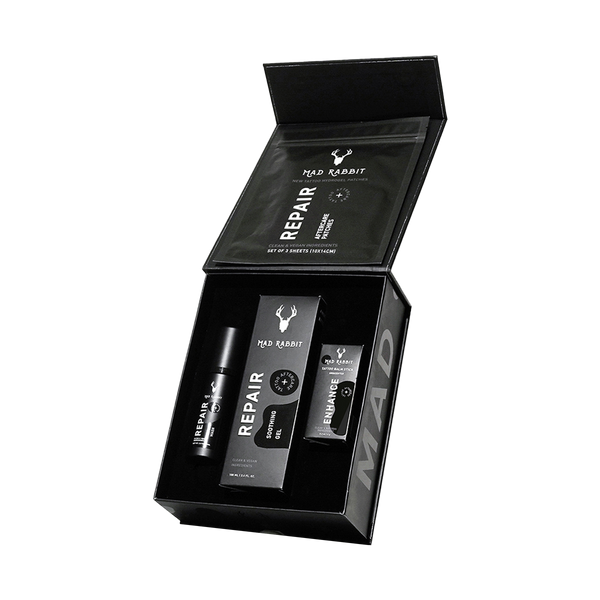

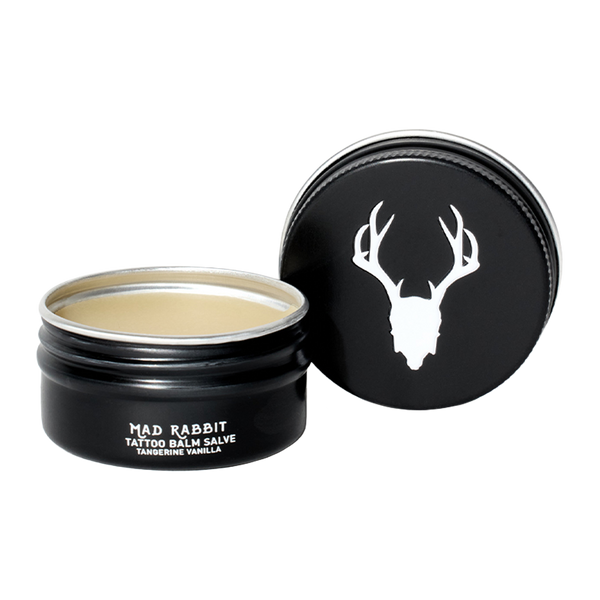
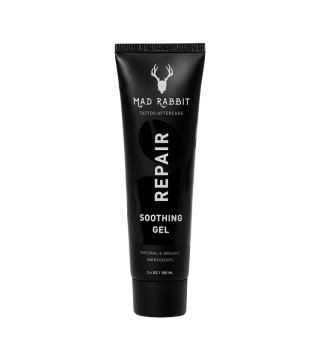
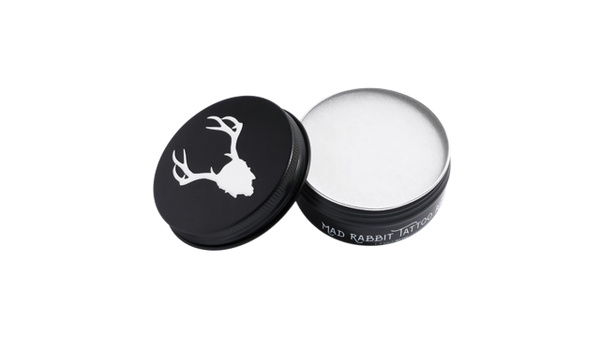
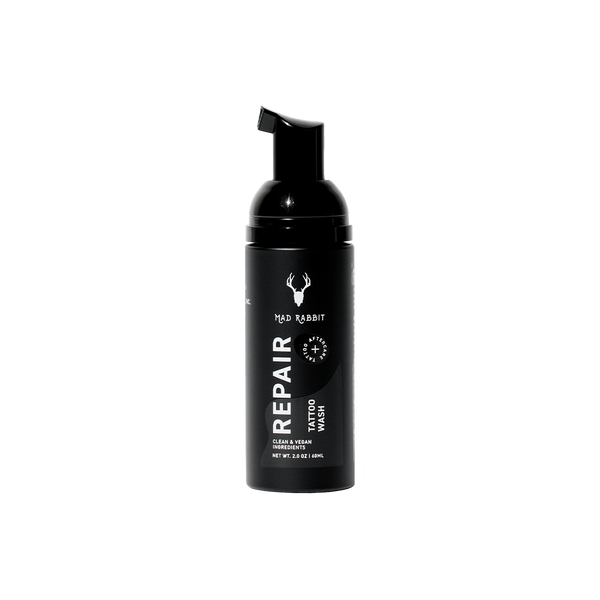
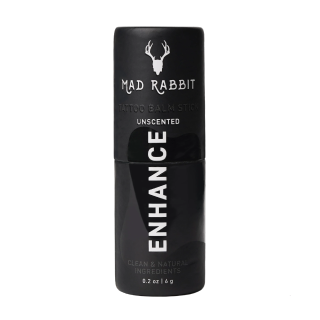
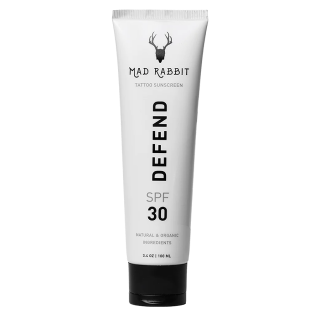
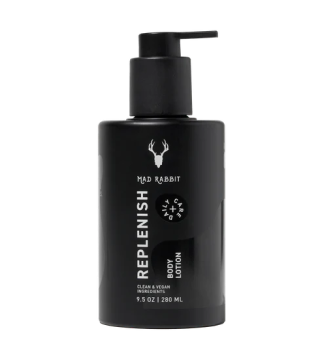
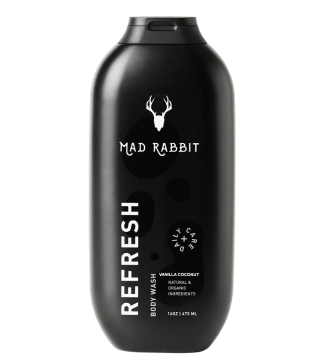
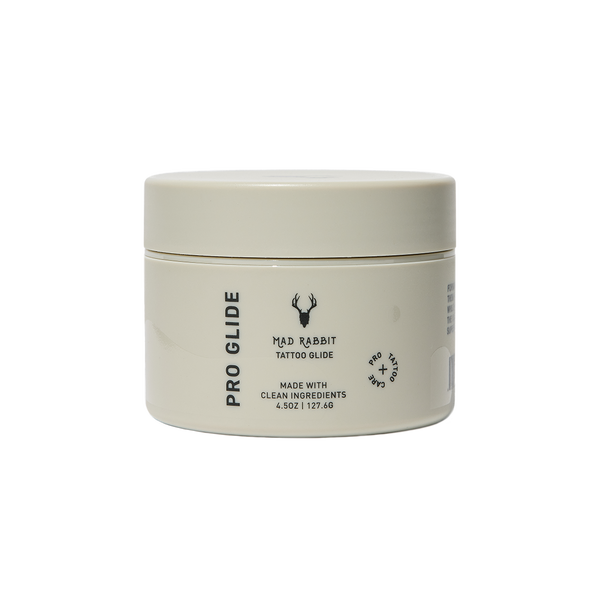
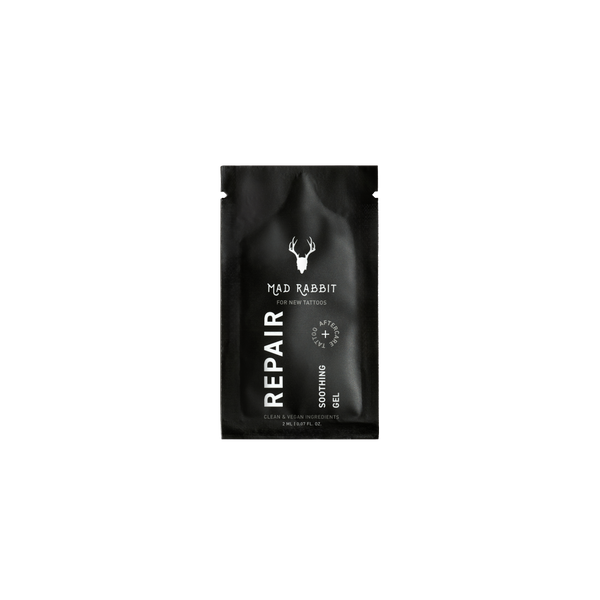
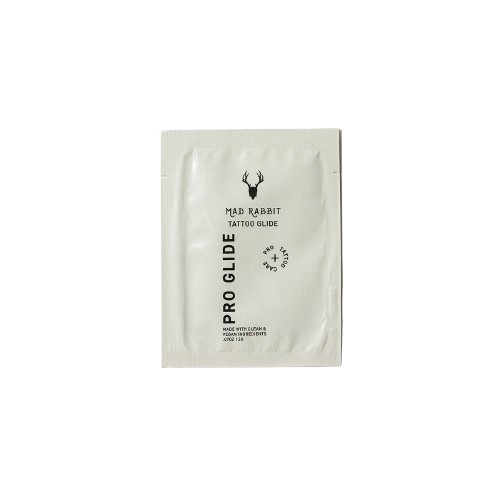
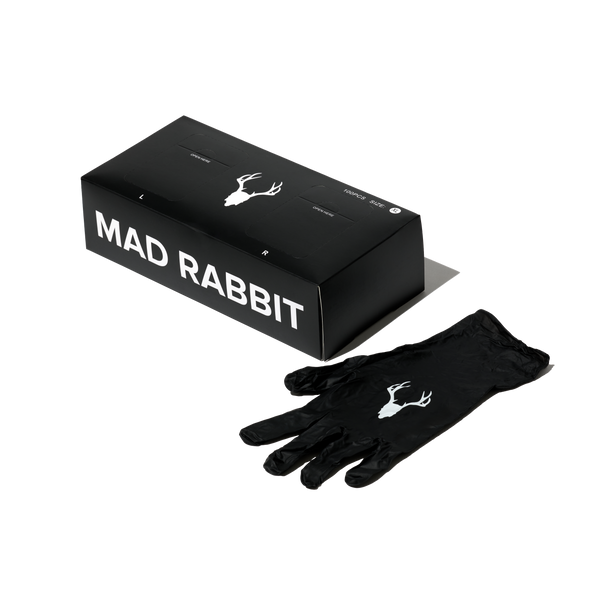
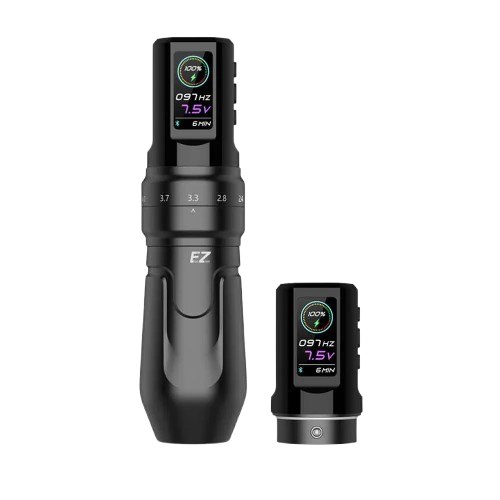
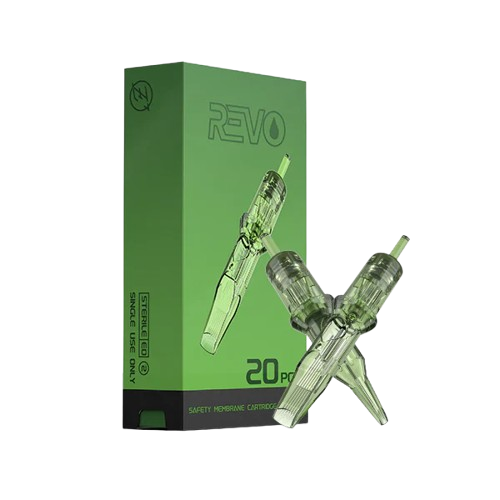
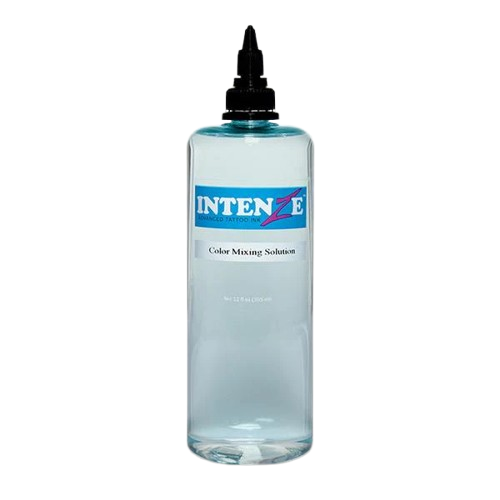
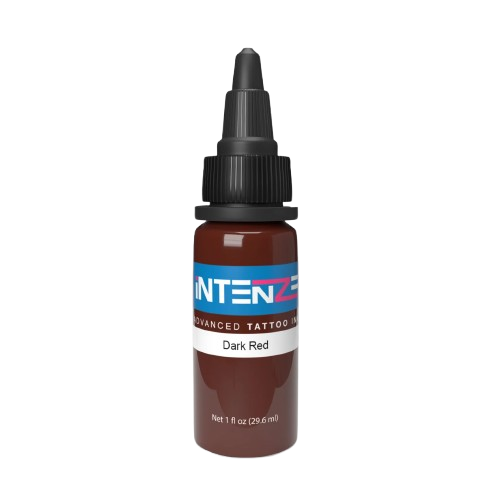
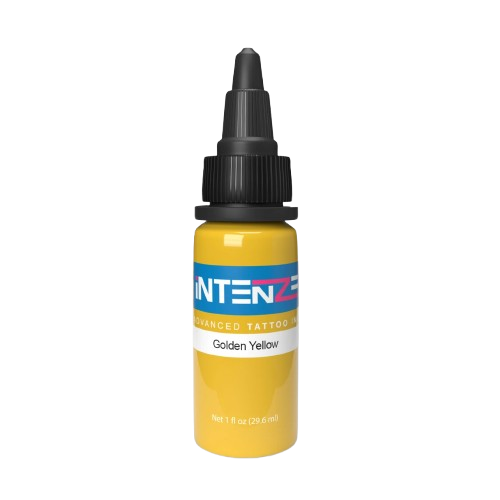
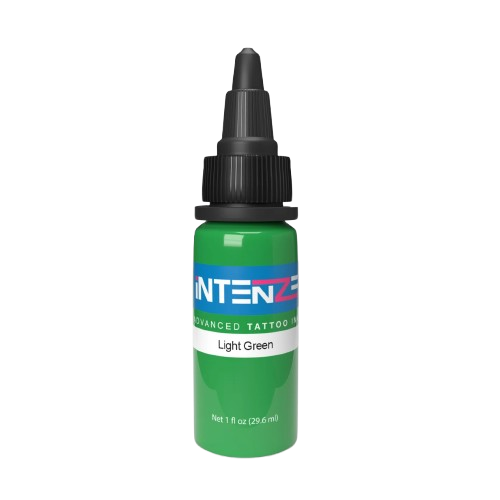
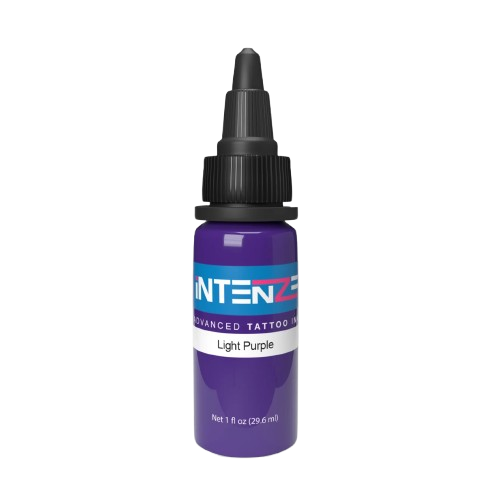
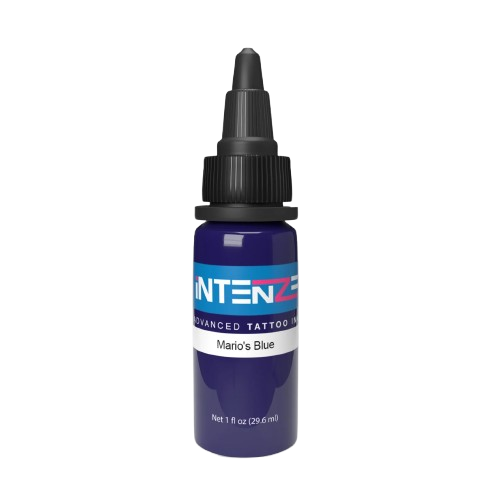
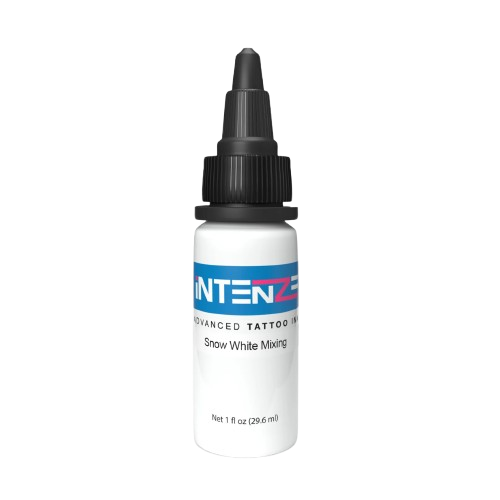
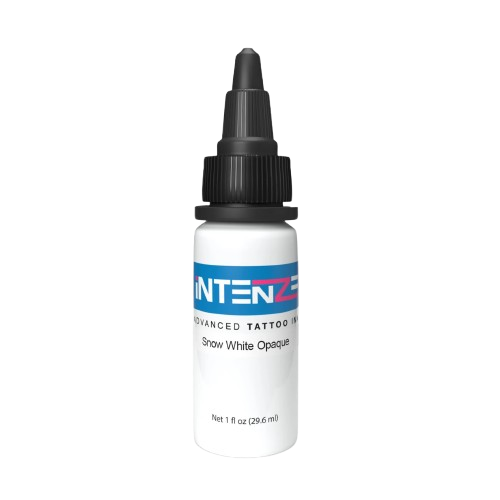
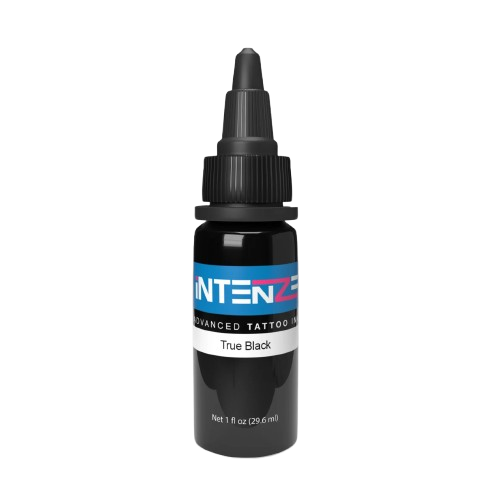
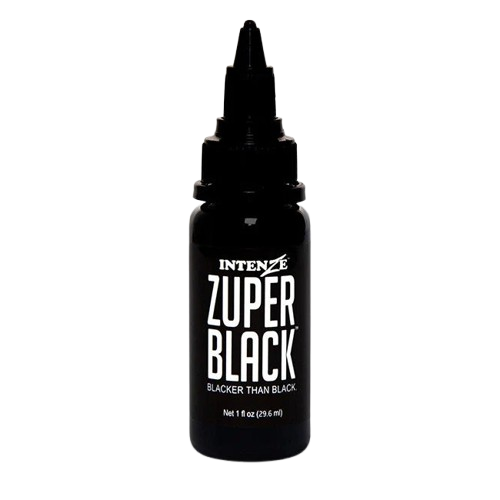


Join the discussion